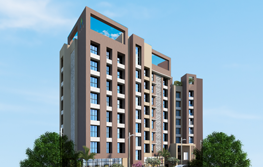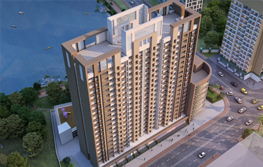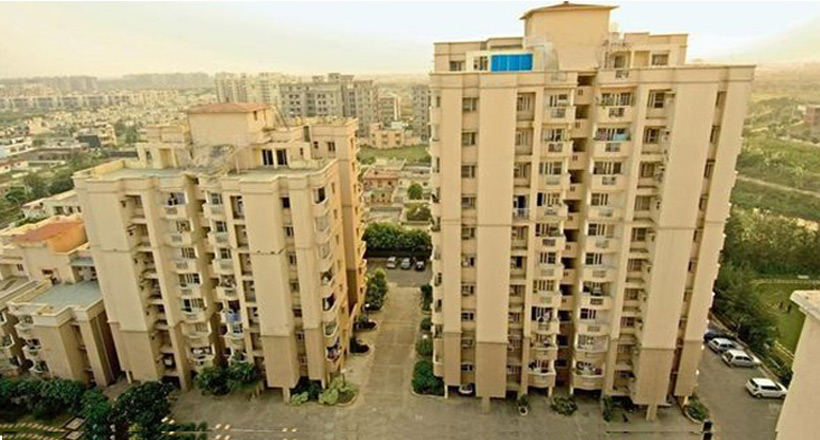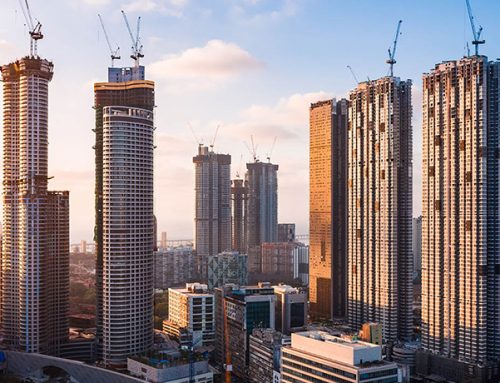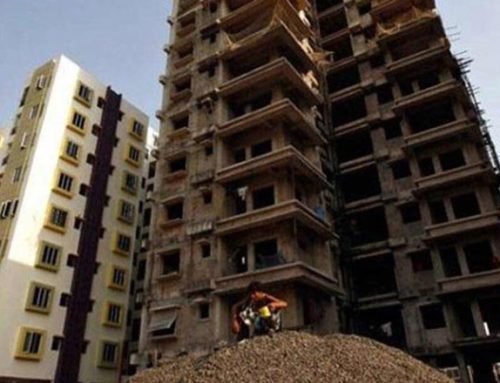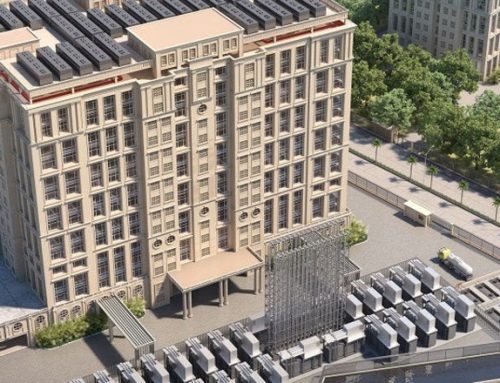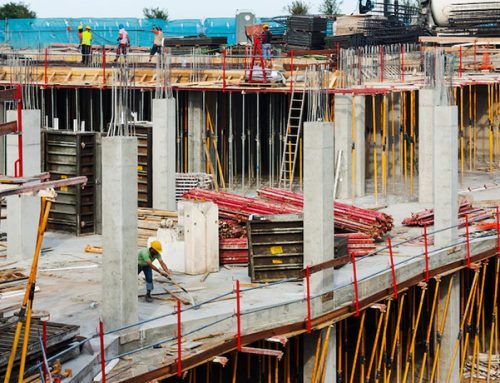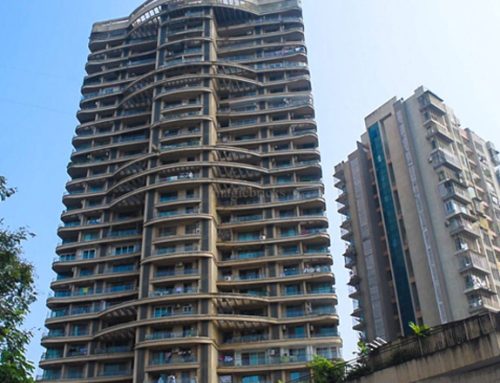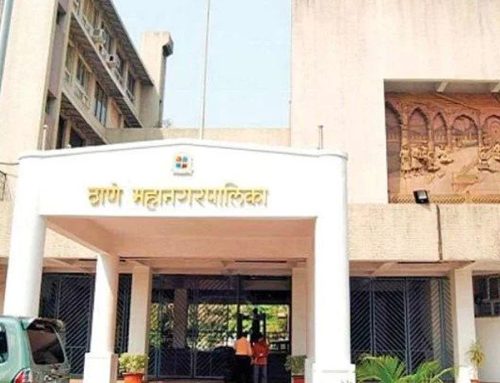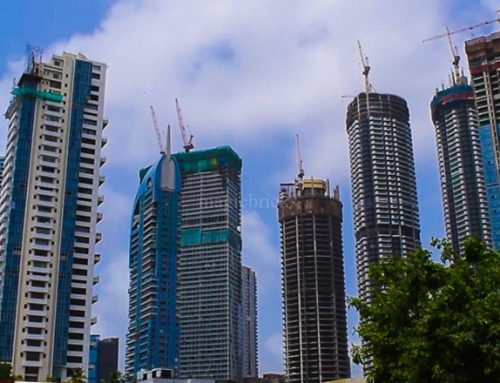A local train heading out of Mumbai’s city centre reaches suburban Thane in an hour. The metro ride from central Delhi to Noida Extension or Greater Noida takes about the same. However, in terms of home sales, the two couldn’t be more different.
Thane (West) topped the charts among all micro-markets in India in home sales, with 7,755 housing units changing hands in the 12 months ended 30 September, according to data collated by Liases Foras Real Estate Rating and Research Pvt. Ltd. The number is a 21% jump from the previous year, which saw sales of 6,427 homes. Thane (West) is part of the larger Thane district, with a railway station cleaving the suburb into western and eastern sides.
At the same time, the micro-market of Noida Extension-Greater Noida in the National Capital Region (NCR), which has far more apartments than Thane (West), saw sales of 7,712 units in the year ended 30 September—1,812 units fewer than the 9,524 units sold in the previous year. Raj Nagar Extension in Ghaziabad, another NCR micro-market, saw a 39% drop in sales to 2,224 units during the period.
So what’s the secret sauce of Thane (West) that attracts buyers and builders? The answer: prices relative to the cost in neighbouring areas, good infrastructure, and a wide range of homes at various price points. Thane (West) has a weighted average price of ₹9,801 per sq. ft, relatively more affordable than units in Mumbai and its other suburbs.
In the backdrop of India’s worst slowdown in the residential sector, it is increasingly evident that sales are becoming micro-market driven, with certain locations in the top cities performing better than the others.
“Thane and Greater Noida are two examples of why one micro-market performs well and the other doesn’t. What has worked for Thane (West) is the continuous infrastructure and commercial development, connectivity, large supply and a wide range of projects priced between ₹5,000-15,000 per sq. ft. The lack of these in Greater Noida have worked against it. Real estate projects were launched in Greater Noida in areas which were still not connected well and fully habitable,” said Pankaj Kapoor, CEO of Liases Foras.
There is a reason why nearly all top developers in Mumbai are keen to launch projects in Thane, be it the sales factor, huge demand and the availability of land.
Mumbai-based Lodha Group launched its first project, Lodha Crown, under its new affordable housing brand in Thane’s Majiwada in October. Spread over 10 acres comprising 2,800 units—with homes priced at ₹25-50 lakh (and some units at up to ₹75 lakh) on an average—it sold close to 500 units for around ₹250 crore.
Shapoorji Pallonji Real Estate launched its premium residential project, Shapoorji Pallonji Northern Lights, in Thane in March 2019, selling over 600 flats during the launch. Raymond Ltd is constructing its first housing project with 3,000 mid-income units in the suburb and will build premium homes in the second phase. In October, Raymond also sold a 20-acre land parcel in the area to Virtuous Retail South Asia for ₹700 crore.
Niranjan Hiranandani, co-founder and managing director of Hiranandani Group, said that when his company launched its first project in Thane’s Ghodbunder Road nearly 20 years back, there were only two prominent developers.
“…Today, there are around 42 big developers doing projects in Thane given the kind of development and connectivity the area has seen. When a market grows, everyone benefits. But there needs to be differentiation in the kind of projects that are being built, or else everyone is offering the same thing to buyers. That’s what happened in Noida and there was difficulty in selling them,” Hiranandani said.
There were 29,526 unsold residential units as of September 2019 in Thane (West), compared to 31,645 unsold units in Greater Noida and Noida Extension.
Kapoor said while the number is high for Thane, the large supply and fresh launches that are happening alongside sales should be factored in. “…As long as sales are healthy, like in Thane, I am not so worried. However, in Noida, where sales are dipping, unsold inventory becomes a concern,” he said.
Gulam Zia, executive director at property advisory Knight Frank India, said companies such as Tata Consultancy Services Ltd and Bayer (India) Ltd taking up significant office space in Thane has been a game-changer for the location.
“..Thane has always been a budget-friendly, residential location. But if it is complemented by commercial office developments and companies continue to absorb space there, it will add much more potential to Thane as a micro-market.”


